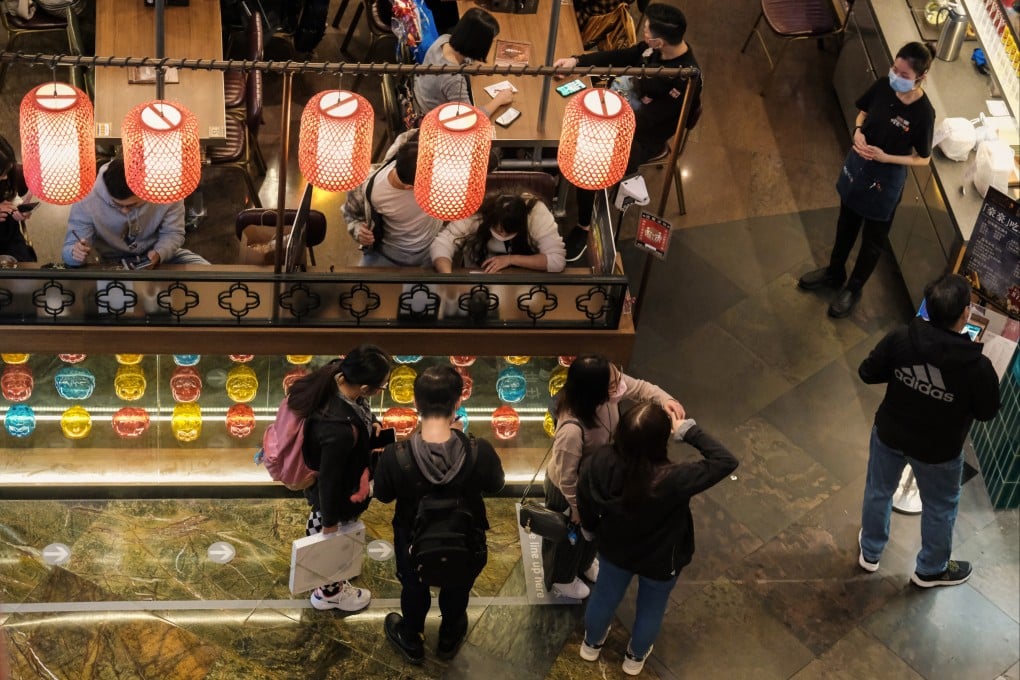The View | How Hong Kong’s retail property sector is being pulled in two different directions
- A leasing market driven by domestic consumption, and powered by F&B operators, is helping the city cope with its zero-Covid-induced isolation
- However, landlords are betting on the return of luxury shoppers from the mainland, keeping the vacancy rate high

In its midyear review published in August, CBRE predicted that high street rents in prime locations in Hong Kong would rise 5 per cent year on year this year, the strongest growth in the Asia-Pacific region, and a dramatic turnaround from the sharp fall in 2020.
According to data from CBRE, prime high street rents fell a staggering 40.7 per cent in the three years to the third quarter of this year.
The disappearance of mainland tourists has accelerated a shift away from luxury and premium brands targeting wealthier Chinese shoppers towards mid-to-mass market retailers catering to the city’s residents. One in five shops selling jewellery, cosmetics, clothing and leather goods have shut down since the third quarter of 2018, data from Midland IC&I shows.

